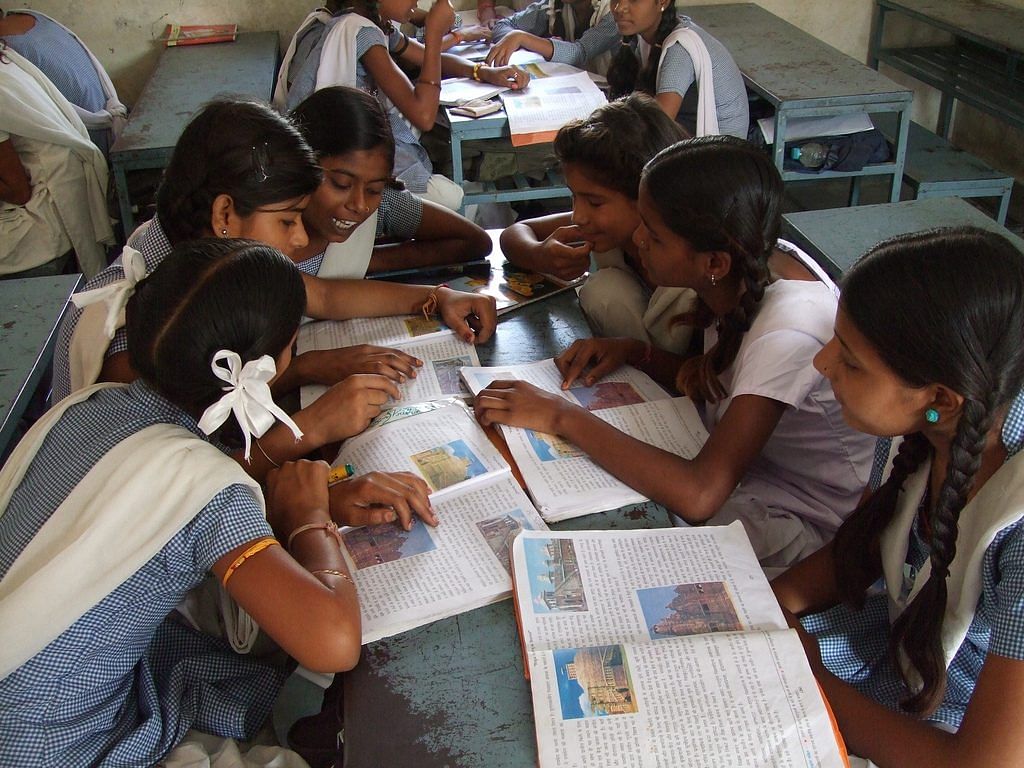New Delhi: The Narendra Modi government has revised the New Education Policy draft to exclude a provision that made Hindi lessons mandatory for school students in non-Hindi-speaking states as well.
The provision had kicked up a tremendous uproar in states such as Tamil Nadu and Karnataka, which criticised it as an attempt to force the language on them.
Eminent scientist K. Kasturirangan, the head of the committee that drafted the policy, confirmed the development to ThePrint.
“In the earlier draft, there was a certain paragraph about languages that gave a sense that we are trying to make Hindi compulsory for non-Hindi speaking states as well, which however was not the case, but the paragraph gave that sense,” he said. “We have replaced it with something that is more acceptable.”
Also read: Almost every Tamil Nadu leader is against Modi’s draft education policy over Hindi
Made public for comments on 31 May, the older draft read, “In keeping with the principle of flexibility, students who wish to change one of the three languages they are studying may do so in Grade 6, so long as the study of three languages by students in the Hindi-speaking states would continue to include Hindi and English and one of the modern Indian languages from other parts of India, while the study of languages by students in the non-Hindi-speaking states would include the regional language, Hindi and English.”
What the draft is referring to here is the three-language formula that has been followed since the adoption of the National Policy on Education 1968. The committee recommends that the formula, which south Indian states oppose over its perceived threat to regional identity, will continue.
The revised version says, “In keeping with the principle of flexibility, students who wish to change one or more of the three languages they are studying may do so in Grade 6 or Grade 7, so long as they are able to still demonstrate proficiency in three languages (one language at the literature level) in their modular Board Examinations some time during secondary school.”
‘No imposition of any language’
When the first draft kicked up a furore, the Ministry of Human Resource Development Saturday issued a statement saying “there will be no imposition of any language in educational institutions, nor discrimination against any language”.
The ministry also clarified that the document was a “draft policy submitted by the committee and is placed for views of the general public”.
“It is not the policy announced by government. After getting feedback from general public, and after consulting state governments, the National Education Policy will be finalised by government,” it added.
Also read: Modi govt panel wants school fees regulated, Indian languages given prominence
